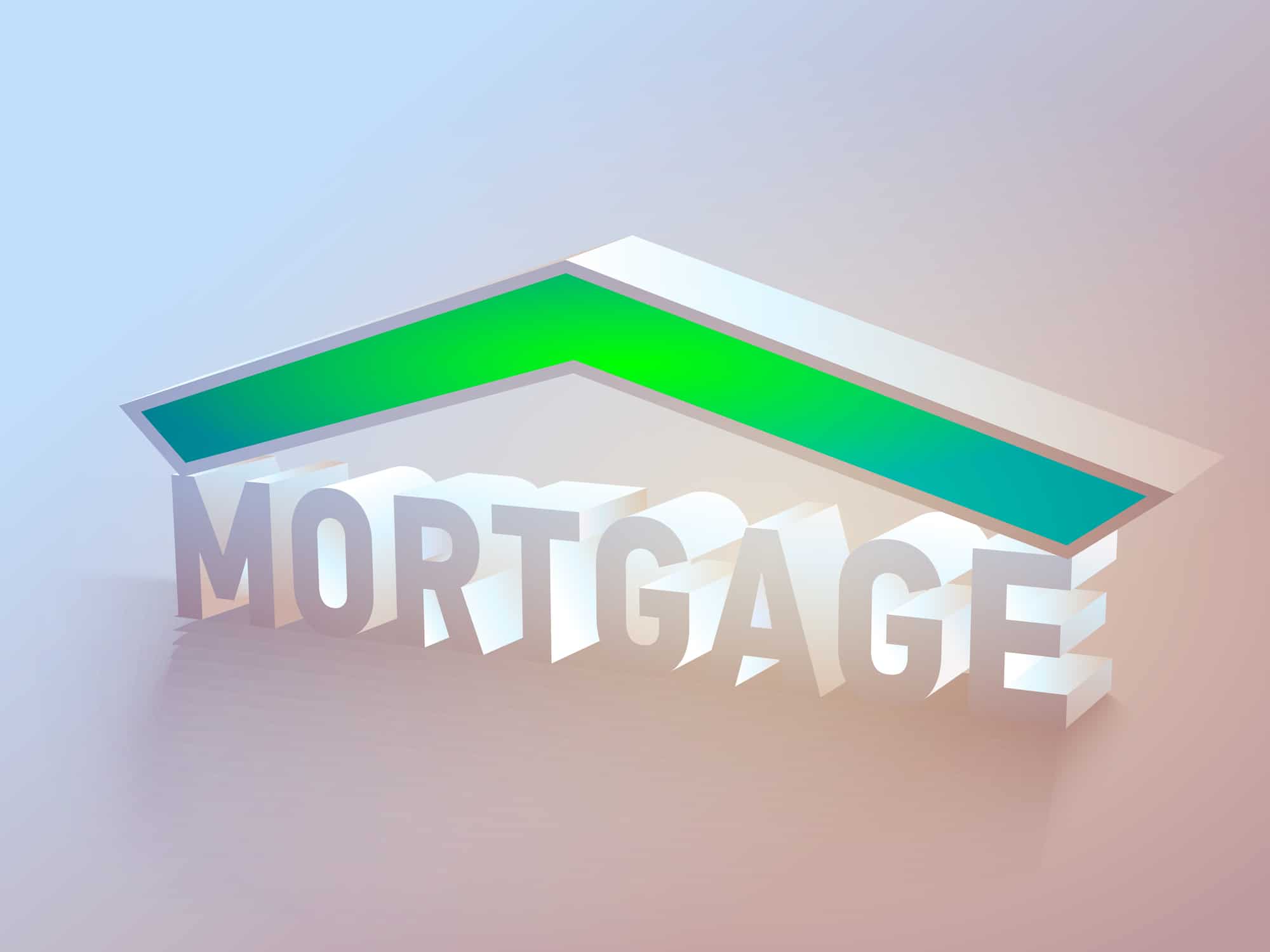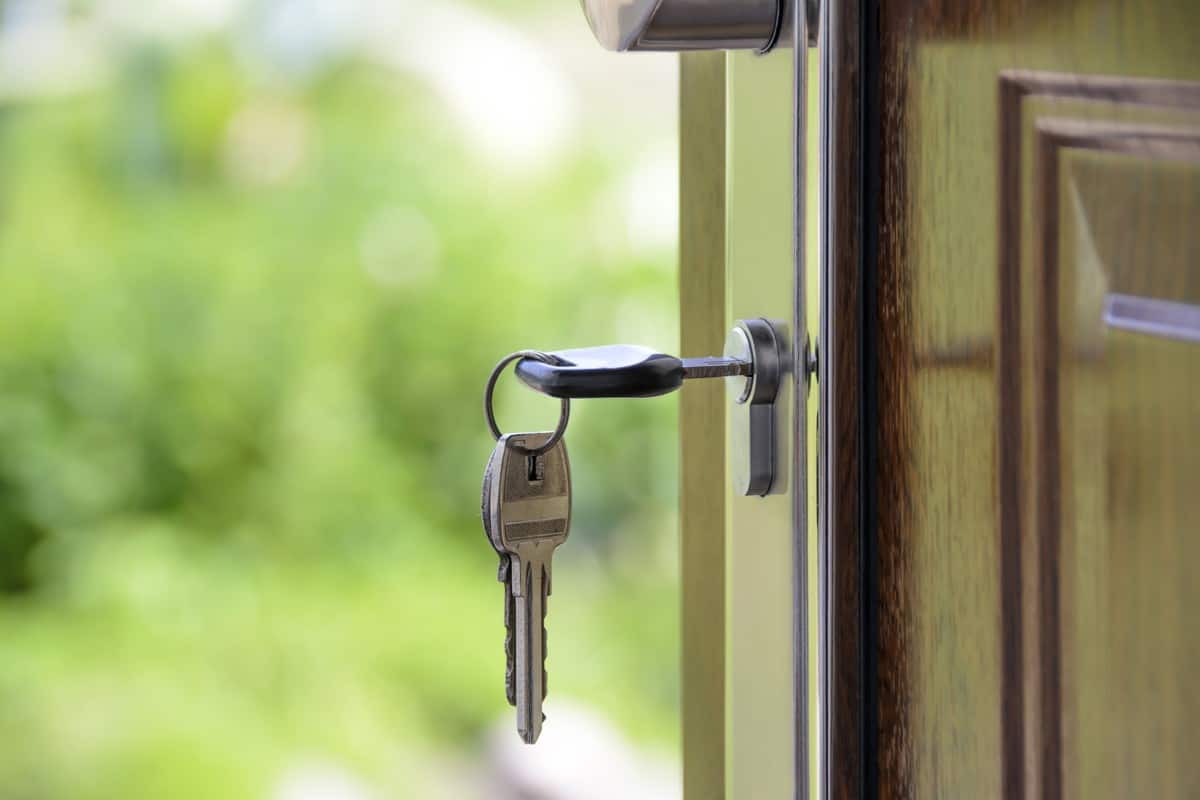There’s More Than One Type Of Mortgage
Did you know that almost 90% of Americans chose the same type of mortgage? Everyone is different. We all have different priorities, different occupations, and different lifestyles so why does it seem like there’s only one type of mortgage to fit everyone’s needs? No matter what your financial goals are, there is something out there for everybody.
What’s Your Priority?
There is a variety of different mortgage types that caters to everyone’s different needs. Whether your focus is to find a mortgage that has a low monthly payment, saves you money on interest, works with constant relocation due to your career, helps you purchase a home with less than 20% down, thanks you for yours or your spouse’s service in the military, etc., it exists. If your priority in a mortgage is to have a low monthly payment, there are several options:
- 30 year fixed rate mortgage
- 5/1 ARM
- 10/1 ARM
- VA Loans (Veterans only)
30-Year Fixed
The 30-year fixed mortgage is the most common mortgage and is the one that almost 90% of Americans have. The main benefits that a 30 year mortgage offers is the low monthly payments and the fixed interest rate. If you want to lower your current mortgage payment, you can also refinance into a 30-year fixed. By refinancing into a 30 year fixed at today’s still historically low rates you get to lock in a low rate, and low monthly payment that will never rise. Refinancing to a 30 Year Fixed Rate mortgage at today’s rates could reduce your monthly mortgage payment.
5/1 ARM
If you’re only planning on living in your house for the next 5 years, there’s no reason to pay the higher rates to get a 30 year fixed if you aren’t going to be there for the duration of the loan. Rates are lower on 5 Year ARMs (Adjustable Rate Mortgages) than longer term fixed rate mortgages. Because the rates are lower, this means you get to have 5 years with lower payments. After these 5 years, your rate would adjust once a year and your payment could go up or down, but if saving money for the next 5 years is important to you, a 5 Year ARM could be a great option. You’re probably better off getting a 5-Year ARM at a lower rate, and by the time the loan would adjust you won’t be carrying the loan anyway so it won’t matter.
Having a Low Monthly Payment Is Important To Me
Another reason why people get ARMs is because they predict they’ll have more financial flexibility in 5 years. If you think you’ll have more financial freedom 5 years from now, it could make sense to take advantage of the lower monthly payments a 5 Year ARM could offer now, and then either refinance into a fixed mortgage or use your greater earning potential to afford the higher monthly payments.
10/1 ARM
With a 10/1 ARM, the concept is exactly the same as a 5/1 ARM, but you get to take advantage of the lower monthly payment for an additional 5 years. Given that you’re not planning on living in your house for more than 10 years, there’s no reason to pay the higher rate of a 30 year fixed. A 10-Year ARM would reduce your mortgage rate over the next 10 years due to the lower rate, and given that you won’t be in the loan when the adjustment period comes, that means you just get to pocket all the savings. By refinancing into a 10-Year ARM (Adjustable Rate Mortgage) you could reduce your mortgage payments for the next 10 years.
VA Loans
If you or your spouse have served in the military, we’d like to thank you. Lower mortgage rates are available for service members and their spouses because the Department of Veteran Affairs backs the loans that are made for military personnel, which allows lenders to offer much better rates. The rates on a VA 30 Year Fixed vs a Standard 30 Year fixed are lower, which means that your monthly payments are lower.
Lower Monthly Payments for Veterans
If you wanted even lower monthly payments you could take advantage of the VA 5/1 ARM. With a VA 5/1 ARM your monthly payment would be lower each month for the 5 years you were in the ARM. After those 5 years, the interest rate would adjust and your payments could go up or down, but during the 5 years you could build up your savings. Rates are lower on VA 5/1 ARMs than longer term fixed rate mortgages. This means you get to have 5 years with lower payments. After these 5 years your rate and thus your payment could go up or down, but if saving money for the next 5 years is important to you, a VA 5/1 ARM could be a great option.
What If This Is a Temporary Living Situation?
If you’re only planning on living in your house for the next 5 years, there’s no reason to pay the higher rates to get a 30 year fixed if you aren’t going to be there for the duration of the loan. You’re probably better off getting a VA 5/1 ARM at a lower rate, and by the time the loan would adjust, you’ll have sold your house and paid back the remaining balance of the loan and moved elsewhere.
Financial Flexibility for Veterans
You could also opt for a VA 5/1 ARM if you feel like your earning potential will increase in 5 years. You could take advantage of the lower payments during the 5 years and when the rate adjusts after 5 years, you will be earning enough to afford the new payment. You could also refinance into a different mortgage before the adjustment period, if you want to continue paying a low monthly payment. While many want a low monthly payment, there are different priorities for different people. Some people want to save money, take cash out of their home, buy a home for less than 20% down, or refinance because they fell victim to the housing crisis and are underwater on their mortgages.
15-Year Fixed
If your prime focus is to save money on your mortgage, then a 15 year mortgage is the best option. With a 15-year fixed, the monthly payments are slightly higher than that of a 30-year fixed because you have half the time to pay back the loan, but you get a lower rate and with a lower rate over the duration of 15 years, the savings are substantial. Not only will you have saved a lot of money on the overall cost of your loan, but you will also have paid off your home entirely in only 15 years, which could speed up the journey to retirement since you won’t have a monthly payment.
Why You Should Pay Off Your Mortgage Sooner Than Later
For most homeowners, it’s not preferred to continue having to make mortgage payments in retirement for two reasons. First, the amount you earn each month will likely be lower when you’re retired, meaning your mortgage could be a higher percent of your total income. Second, because you’ve worked hard and you’d rather have that money available to do all the fun stuff you want to do in retirement. For paying a little more each month, you get to pay off your principal way faster which means eliminating up to 15 years of payments and greatly reducing the amount of interest you end up paying your lender.
Cash Out Refinance
A Cash Out Refinance is a great way to tap into the equity in your home. Basically you’ll refinance for an amount greater than your present mortgage balance and get to pocket that difference in cash. You can use this money for anything you want. Great uses for cash out mortgages are to pay off high interest rate debt like credit cards and student loans and increase your credit score, or to use the extra money for home renovations to increase the value of your home.
Pay Off Your Debt
In an environment where equity is increasing, this could be a really good way to tap into the wealth your home is helping to generate. If you have debt that you’re paying high interest on, it probably makes sense to take some cash out of your house and pay down that debt. There’s no reason to keep paying some astronomical interest rate on credit card debts or student loans when you can use a Cash Out Refinance as a great solution to eliminate that debt.
Have Some Financial Breathing Room
If things are a little tight month to month, this could be a great way to get some extra cash on hand. Having equity in your house is very important, but you know your life circumstances the best. Sometimes instead of equity you’d rather have that money as cash in hand to help pay some bills, do home repairs or upgrades, and invest in yourself.
FHA Loans
If you want to purchase a home, but don’t quite have 20% to put as a down payment, FHA loans are a great option and have been helping people become homeowners since 1934. FHA loans are great because they don’t require a large down payment, they have lower closing costs, and they have easier qualifying credit scores. For an FHA Home Loan, your down payment can be as low as 3.5%! Because the borrower is putting less than 20% of the home value as a down payment, they are also required to purchase mortgage to protect the lender in case the borrower defaults on the loan.
Additional Benefits of a FHA Loan: Refinancing
If you’re currently in an FHA loan, this is great news. That means you can take advantage of the FHA Streamline refinance program. This is the easiest way to qualify to refinance as you won’t need an appraisal, credit score requirements are lowered (homeowners with scores as low as 580 can qualify), and there’s less documentation needed. You can also refinance up to 97.5% of your primary home’s value. 30, 25, 20, and 15 year fixed rate mortgages and a 5-year adjustable rate mortgage are all available to you.
Freddie Mac Enhance Relief Refinance Program
This program is for people looking to refinance but have little to no equity in their homes. Otherwise known as FMERR, the Freddie Mac Enhanced Relief Refinance program allows consumers to refinance even if the property is upside down, where the value of the home is lower than the debt owed.
Pick the Best Option for Yourself
If you’re looking to purchase a home, know that you have many options and not just one. Whatever your goal is, there is a product that can help you achieve that goal. If you’re currently in a mortgage and realized that there’s a mortgage that is a better fit for you, see if you can refinance into that mortgage and start living a better quality of life. Mortgages can be a serious topic for many, but they don’t have to be a strain on your finances.



